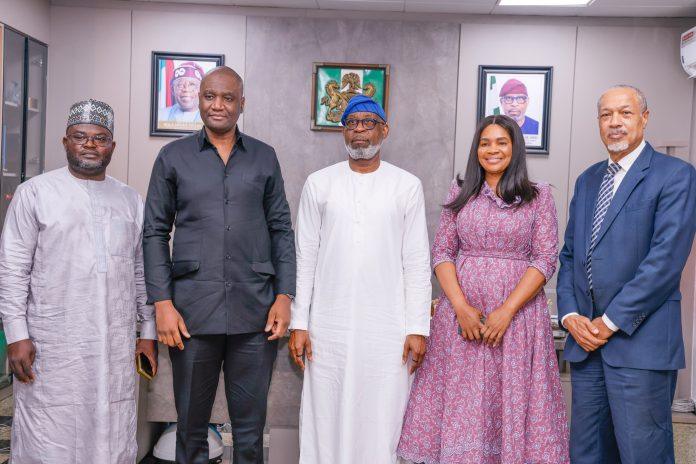African countries have pledged to tame illegal trade in timber and other forest products by ensuring that the sub-sector makes a meaningful contribution to the countries’ Gross Domestic Product (GDP), a conservationist said on Tuesday.
Emilio Mugo, Kenya’s Chief Conservator of Forest said representatives from Kenya, Uganda, Mozambique, Madagascar, Tanzania and Zanzibar (Tanzania) who met in Nairobi on Tuesday agreed to take stern action against those caught in the illegal trade of the products.
“Illegal trade in timber and forest products is not only degrading the rich forests assets of the region but also represents an enormous loss in economic values and livelihood opportunities to the countries,” Mugo said at the end of a two-day meeting.
He noted that the meeting marks a significant step forward in efforts to ensure timber trade in Eastern Africa is managed in a way that brings equitable benefits to all.
Mugo said that the meeting agreed to assist people with timber products to benefit from the products by ensuring that they reap maximum profit from the consumers.
The meeting followed the Zanzibar Declaration meeting that was signed in September 2015 during the XIV World Forestry Congress in South Africa.
Since signing the declaration, the countries have seen huge progress in addressing rampant illegal trade in the member countries.
They agreed to develop a mechanism to collaborate on the implementation of trade governed under the Convention on International Trade in Endangered Species of Wild Fauna and Flora (CITES).
“We have jointly agreed to pursue the Global Environmental Facility funding opportunity to help improve our forest cover and also fight climate change effects,” Mugo added.
The members also agreed to deal with produce seized from illegal trade and raise fund to help improve the state of environment in the region.
The Kenya Forest Service is partnering with the Timber Manufacturers Association in establishing tree seedlings to help achieve and surpass her set goal of 10 percent tree cover.
The tree nurseries in the country currently produce 2.5 million indigenous seedlings and are set to increase to 4.5 million.
“This will immensely boost the rehabilitation program throughout the country,” TMA chairman Benson Gitau said.
He noted that trees will be planted especially in arid and semi arid regions to help reduce land degradation.








